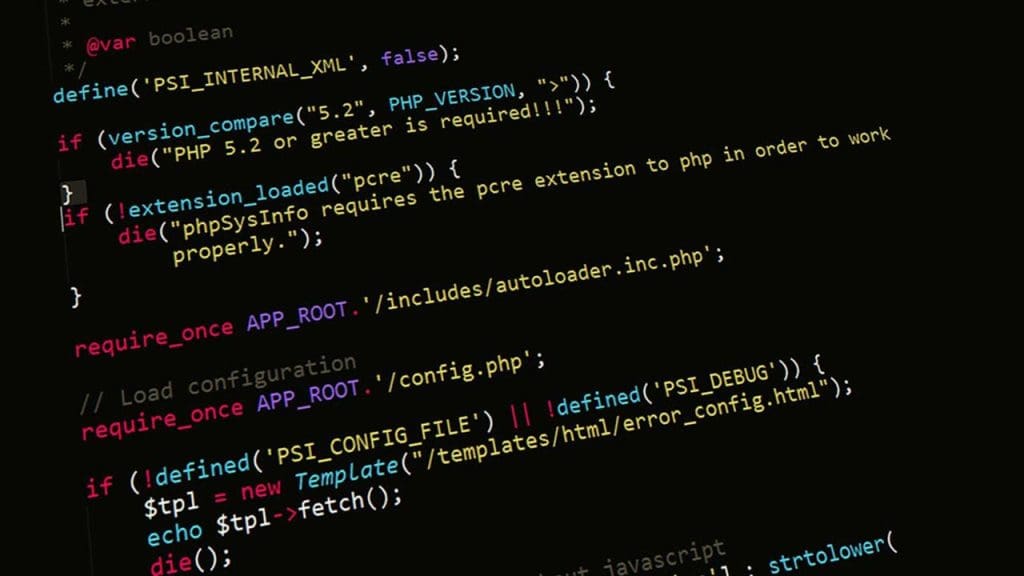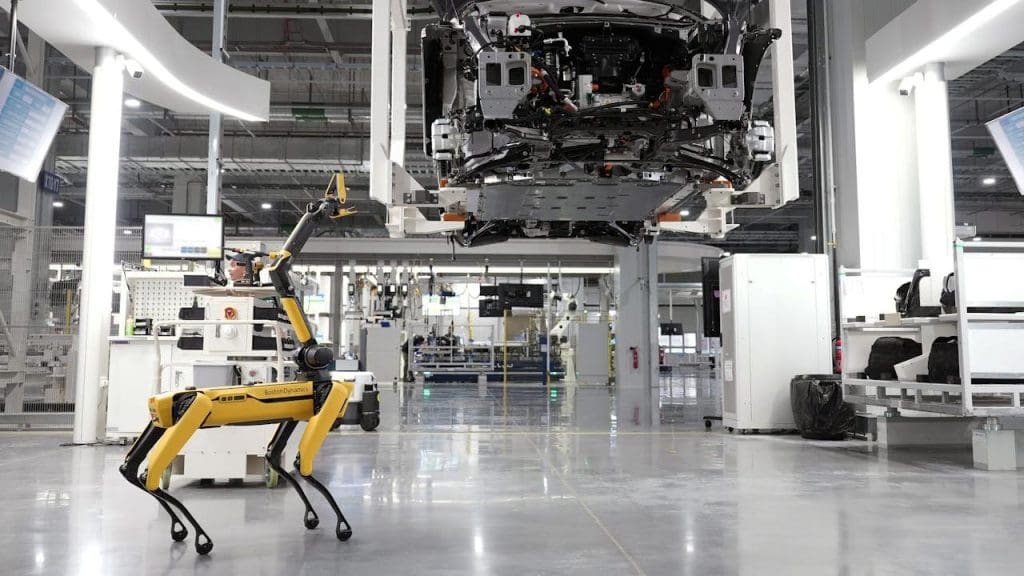
As artificial intelligence continues to advance, concerns are growing about its potential risks. From ethical considerations to economic impacts, experts caution that AI could pose significant threats if not properly managed. Here’s a closer look at the six most pressing dangers associated with AI.
Ethical Implications of Autonomous Weapons

The development of autonomous weapons raises serious ethical concerns. Such weapons can make life-and-death decisions without human intervention, leading to potentially catastrophic consequences. Experts worry that these technologies could be misused by malicious actors or trigger unintended conflicts. The absence of international regulations further complicates the ethical landscape, making it challenging to establish accountability. As autonomous weapons become more sophisticated, the risk of them falling into the wrong hands increases, highlighting the urgency for global governance in this domain.
Bias and Discrimination in AI Algorithms

AI algorithms are susceptible to bias and discrimination. These biases often stem from training data that reflect existing societal inequalities. Consequently, AI systems can perpetuate and even amplify these biases, leading to unfair treatment in areas such as hiring, law enforcement, and lending. Addressing this issue requires rigorous evaluation and continuous monitoring of AI models. Ensuring that diverse perspectives are represented in AI development can help mitigate these risks and promote fairness.
Privacy Erosion and Data Security Risks

The integration of AI into various sectors heightens concerns about privacy erosion and data security. AI systems often rely on vast amounts of personal data, increasing the risk of unauthorized access and breaches. As AI becomes more pervasive, the potential for misuse of sensitive information grows, posing significant challenges to individual privacy. Establishing robust data protection measures and transparent data practices is crucial to safeguarding privacy in the age of AI.
Economic Displacement and Job Loss

AI’s ability to automate tasks poses a threat to employment, particularly in sectors reliant on manual labor. While AI can enhance productivity, it also risks displacing workers, leading to economic disparities. The transition to an AI-driven economy necessitates a focus on reskilling and upskilling the workforce to ensure that workers are equipped for the changing job landscape. Policymakers and industries must collaborate to create strategies that support workers affected by automation, fostering a balanced approach to technological advancement and employment sustainability.
Lack of Transparency and Accountability

The complexity of AI systems can result in a lack of transparency, making it difficult to understand how decisions are made. This opacity complicates efforts to hold AI systems accountable for their actions. As AI becomes more integrated into critical decision-making processes, establishing clear frameworks for transparency and accountability becomes imperative. Ensuring that AI systems are explainable and auditable can help build trust and enable responsible deployment.
The Threat of Superintelligent AI Scenarios

The prospect of superintelligent AI raises concerns about potential scenarios where AI exceeds human intelligence, leading to unpredictable outcomes. Experts warn that if AI systems become capable of evading human control, it could pose existential risks. Preparing for such possibilities involves researching safety measures and developing protocols to ensure that AI systems remain aligned with human values. Engaging in international cooperation is essential to address the global implications of superintelligent AI.